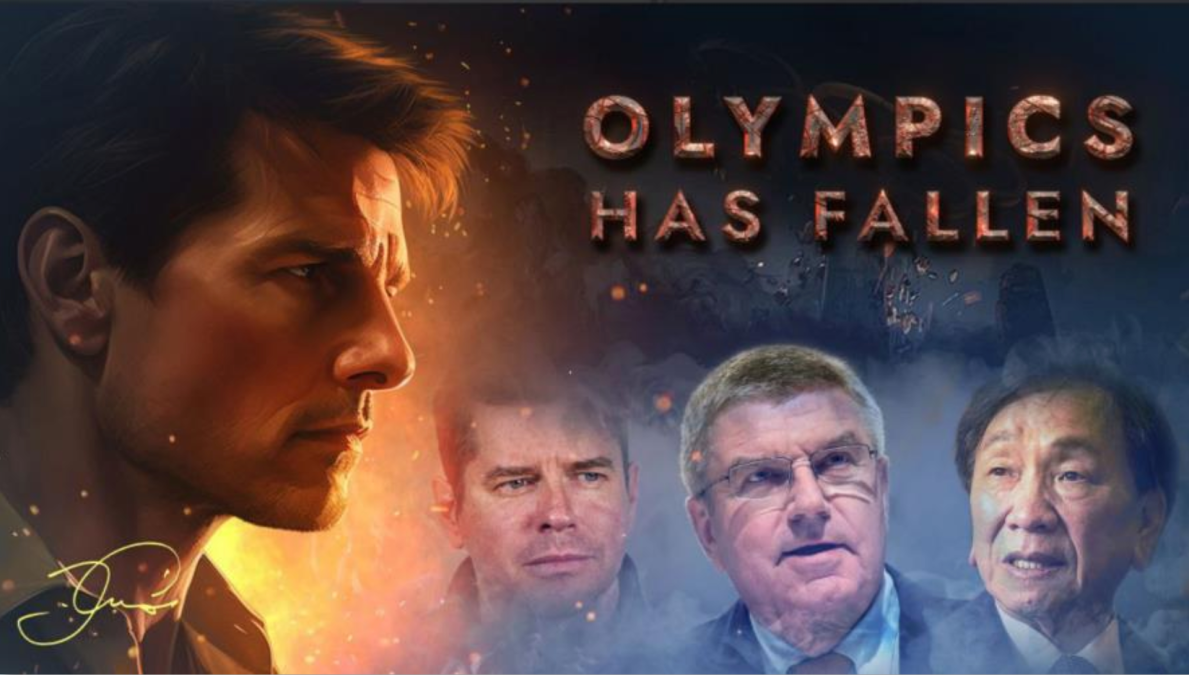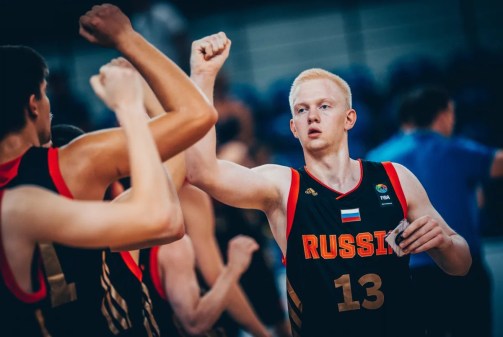Fake Tom Cruise warns of violence at Paris Olympics in pro-Russian info op

Pro-Russian influence groups are fomenting fears of physical threats at the 2024 Paris Olympics, promoting possible terrorist attacks and violence stemming from the Israel-Gaza conflict, according to research from Microsoft published Monday.
The online campaign — which also seeks to denigrate France, French President Emmanuel Macron and the International Olympics Committee (IOC) — blends traditional influence techniques with artificial intelligence, complete with a fake Netflix documentary featuring a fugazi Tom Cruise voiceover.
It dovetails with warnings from France that the Olympic Games face an “unprecedented level of threat” this year in cyberspace and decades of Russian cyber aggression against the Olympics amid conflict with the IOC.
And the network of Russians seeking to deter potential spectators might just be getting started, Microsoft’s Threat Analysis Center said.
“These campaigns may forewarn coming online threats to this summer’s international competition,” the report said.
Microsoft first identified traces of the campaign in 2023, when a group the company dubbed Storm-1679 released a video on Telegram called “Olympics Has Fallen,” a play on the movie from 10 years earlier, “Olympus Has Fallen.”
It portrays itself as a Netflix documentary with the AI-generated Cruise narration, accompanied by fake endorsements from Western news outlets.
Another group, which Microsoft calls Storm-1099 but is commonly known as Doppelganger, also has since joined the campaign.
“The most worrisome disinformation advanced by pro-Russian actors has sought to impersonate militant organizations and fabricate threats to the Games amidst the Israel Hamas conflict,” Microsoft said.
The prolific Doppelganger group recently made news for other influence efforts in Europe.
Russia has long had beef with the IOC. In December, the committee declared that Russian athletes could only participate as “Individual Neutral Athletes,” angering the Russian government. In 2020, the U.S. Justice Department filed charges against six alleged Russian intelligence agents for cyberattacks that, among other things, sought to disrupt the 2018 Winter Olympics.
What’s happened thus far is likely only the beginning, Microsoft warned.
“Predominantly French-language activities will likely expand to English, German and other languages to maximize visibility and traction online and the use of Generative AI will also likely increase,” wrote Clint Watts, general manager of the Microsoft Threat Analysis Center. “While video has traditionally been a powerful tool for Russian IO campaigns and will remain so, we are likely to see a tactical shift towards online bots and automated social media accounts. These can offer the illusion of widespread support by quickly flooding social media channels and give the Russians a level of plausible deniability.
“On the ground, Russian actors may look to exploit the focus on stringent security by creating the illusions of protests or real-world provocations, thus undermining confidence in the IOC and French security force,” Watts continued. “In-person staging of events — whether real or orchestrated — near or around Olympic venues could be used to manipulate public perceptions and generate a sense of fear and uncertainty.”




